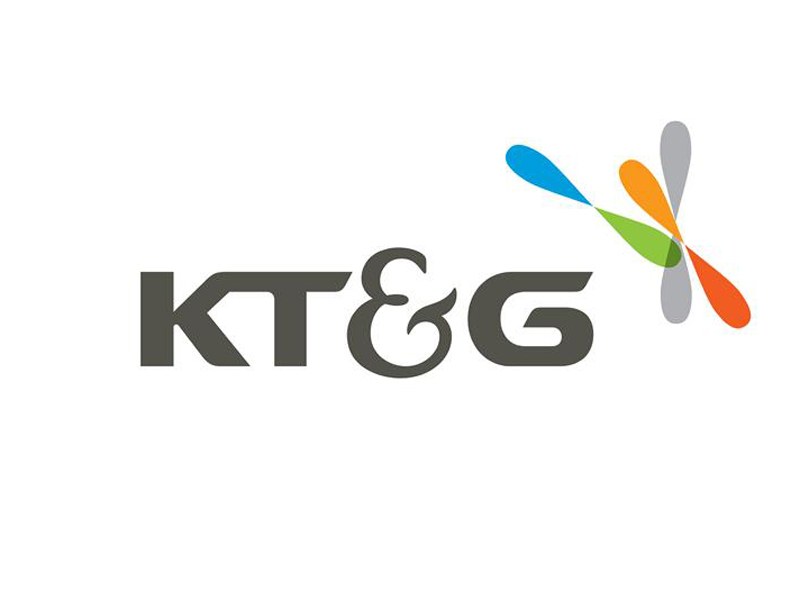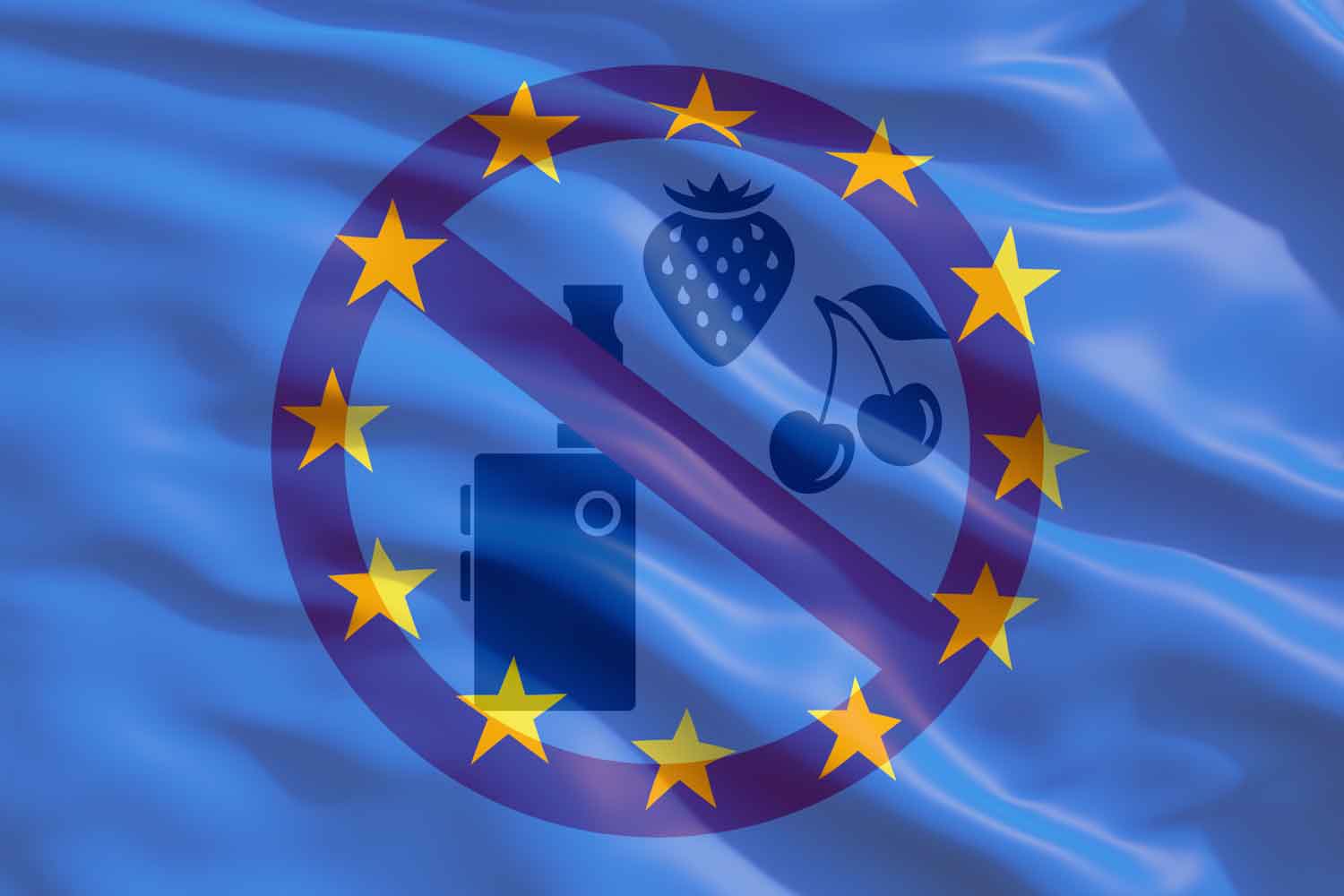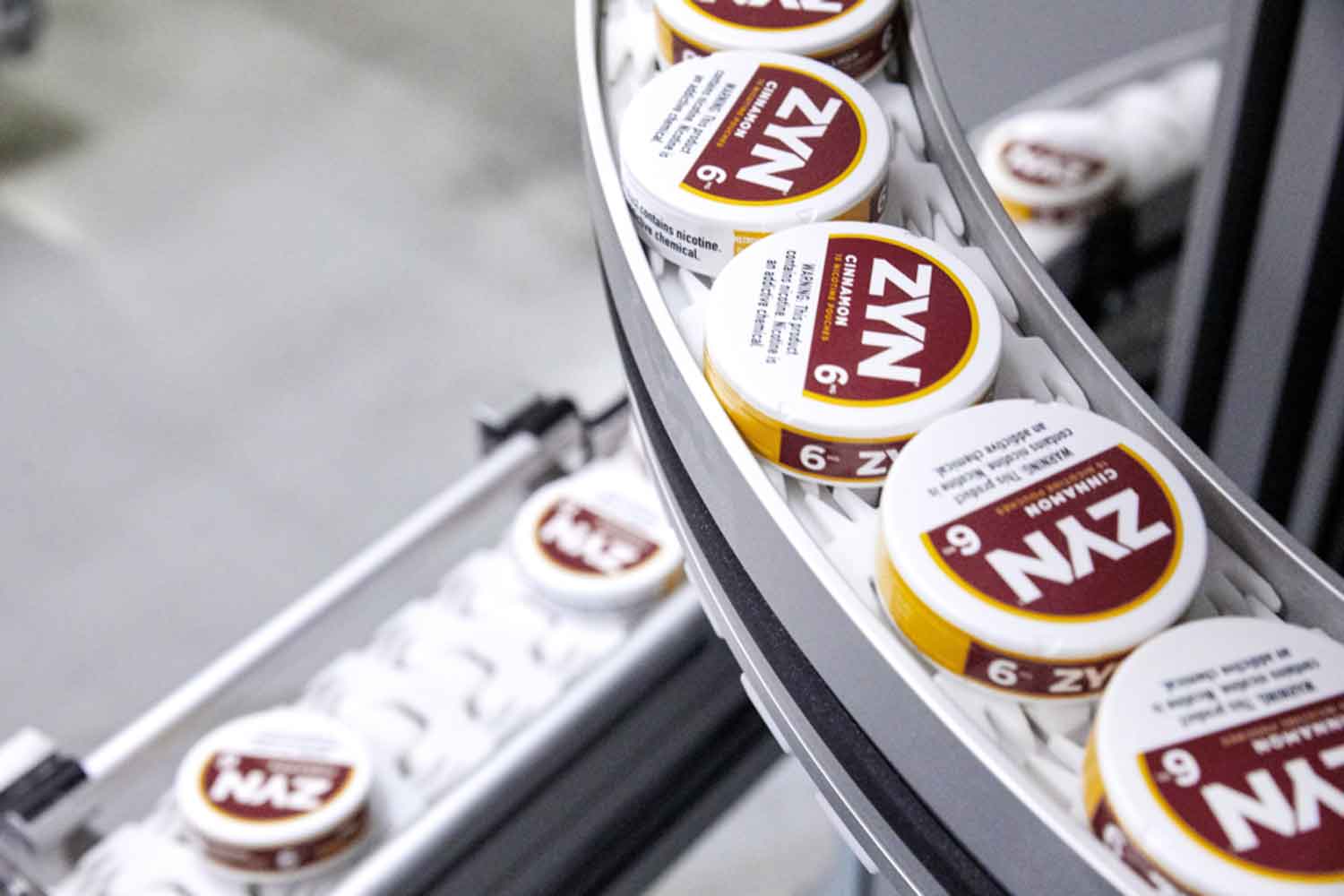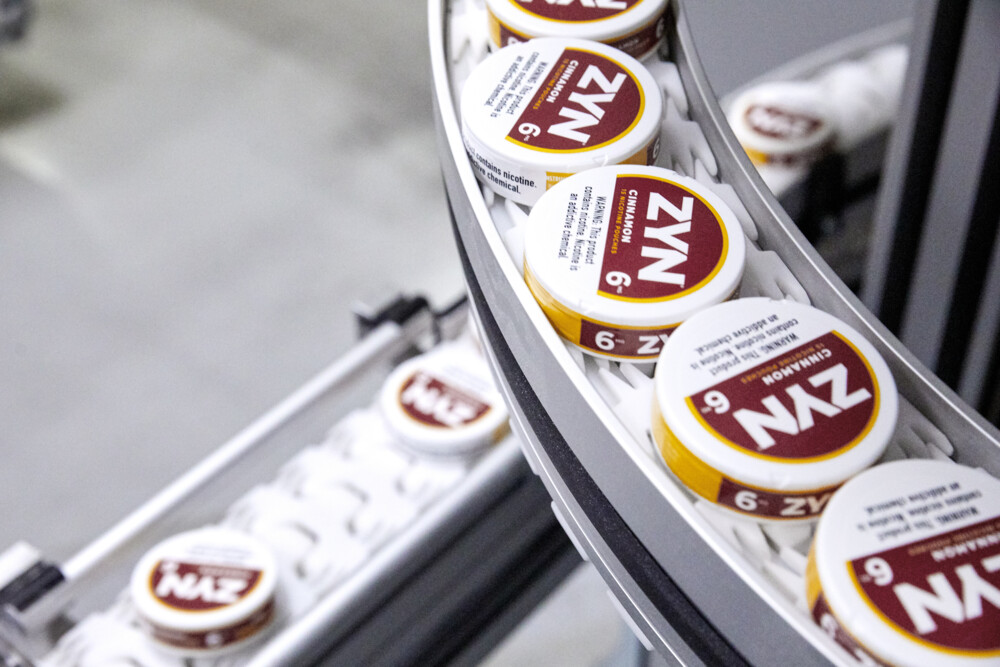According to The Vaping Post, a confidential European Commission (EC) document, leaked by Snusjournalen, has revealed a contentious plan to impose a substantial EU-wide tax increase on nicotine pouches (NPs). Spearheaded by the Directorate-General for Taxation and Customs Union (DG TAXUD), the proposed measure could trigger widespread economic, political, and criminal repercussions across the Union.
Europe already finds itself in a tenuous economic situation, dealing with economic instability that includes inflation and escalating trade tensions with the United States. Worse on the nicotine front, a recent Europol report shared by Euroreporter, “The Changing DNA of Serious and Organised Crime,” highlights the direct link between excessive taxation and the rise of black markets—specifically citing tobacco and nicotine products. The report warns that strict tax policies create opportunities for criminal networks to expand operations, smuggle products across borders, and launder illicit funds. Experts fear that a steep price increase on NPs could drive a surge in illicit sales, with products being illegally imported from non-EU nations like China.
Although the European Commission has yet to confirm the directive publicly, the leak has already sparked significant concerns among key stakeholders, including law enforcement, investors, and consumer advocacy groups. Given Europol’s warnings on illicit trade and the broader political and economic climate, this proposed tax increase is shaping up to be one of the most contentious regulatory battles in the coming months.
“In light of these developments, the proposed tax hike on NPs adds yet another layer of uncertainty to an already volatile regulatory and economic landscape,” wrote The Vaping Post. “More importantly, with the vaping industry currently facing such a critical juncture, which could result in less availability of vaping products to smokers using them to quit, a harsh tax set on snus would be currently all the more detrimental to public health.”












